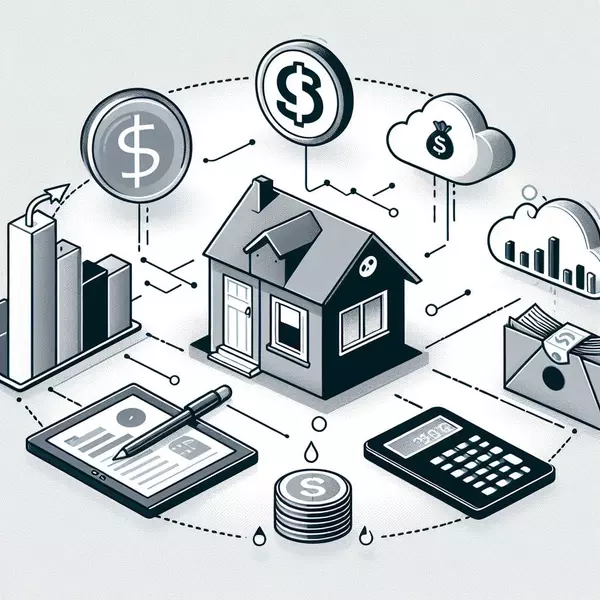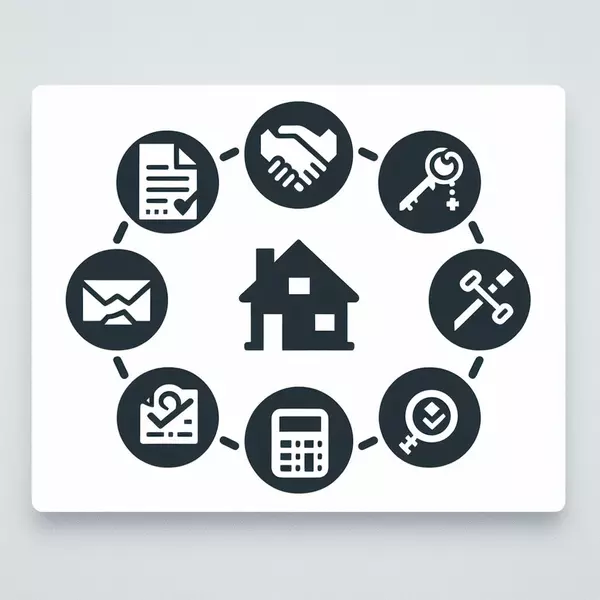
Buying a Condo vs House
Choosing between buying a condo or a house is a decision that many prospective buyers face. Both options have their own unique benefits and considerations, and understanding the key differences between the two can help buyers make an informed decision. In this blog, we will explore the key differenc

Connection between interest rates and home price
Interest rates and home prices have an intricate connection that significantly impacts buyers, mortgage rates, and real estate investors. Understanding this relationship is crucial for anyone looking to enter the housing market.For potential buyers, interest rates play a vital role in determining af

Key steps to buy a home from A to Z
Key Steps to Buy a Home Buying a home is a significant milestone in a person's life. It represents a sense of stability, security, and a place to call your own. However, the process of purchasing a home can be overwhelming, especially for first-time buyers. To help you navigate through this journey,




